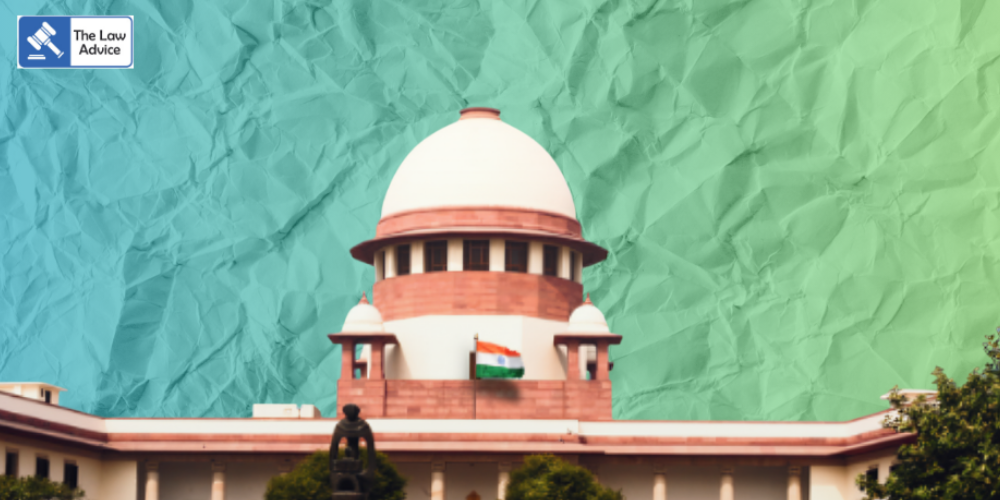
The Supreme Court has strongly criticised insurance companies for filing needless appeals based on hyper-technical grounds to delay rightful compensation, observing that such conduct frustrates the purpose of welfare legislation. It reiterated that both the employer and insurer are jointly and severally liable to compensate an employee injured during the course of employment under the Employees’ Compensation Act, 1923.
A Bench of Justices Manoj Misra and N. Kotiswar Singh set aside a Calcutta High Court ruling that had absolved the insurer of direct liability, holding instead that only the employer was responsible for compensation and could later seek reimbursement from the insurer. The Supreme Court restored the original order of the Commissioner for Workmen’s Compensation, which had made both parties jointly and severally liable.
The Bench held that once an employer has entered into a valid insurance contract covering liability under the Act, the insurer is bound to indemnify the employer. “Where a contract of insurance is entered into by and between the employer and the insurer, the insurer would be liable to indemnify the employer,” the Court said, clarifying that there was no clause in the policy exempting the insurer from such liability.
“In the present case, there is no dispute that the insurer undertook to indemnify the employer and did not contract out of this liability. Hence, the High Court’s modification of the award was unsustainable,” the Court observed.
Expressing strong disapproval of the insurer’s conduct, the Bench lamented the growing tendency of insurance companies to file appeals merely on technicalities, even when their ultimate liability under the policy is undisputed. “Before parting, we must express our anguish at the practice of insurance companies unnecessarily filing appeals by raising technical pleas, more so when they do not deny their ultimate liability under the contract of insurance,” the Court said.
It added that such tactics delay the timely release of compensation to injured employees and defeat the welfare objectives of the law. The Court also faulted the High Court for adopting a “hyper-technical approach” and overlooking Section 19 of the 1923 Act, which provides for the Commissioner’s jurisdiction in determining liability.
As a consequence, the Supreme Court imposed ₹50,000 in costs on the insurance company for filing a frivolous appeal before the High Court and causing delay in payment to the claimant. The Bench directed that the amount be paid to the injured employee (the second respondent).
“The High Court modified the Commissioner’s award to the disadvantage of the employee when there was no dispute regarding the insurer’s liability. Such an approach cannot be sustained,” the Court concluded.
The appeal was accordingly allowed, and the Commissioner’s original order restored.
Case: Alok Kumar Ghosh v. The New India Assurance Company Ltd. & Anr.
Website designed, developed and maintained by webexy